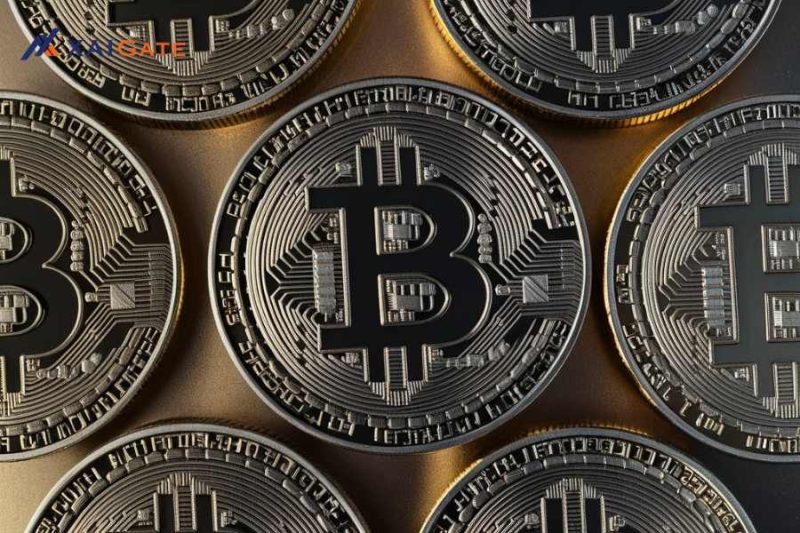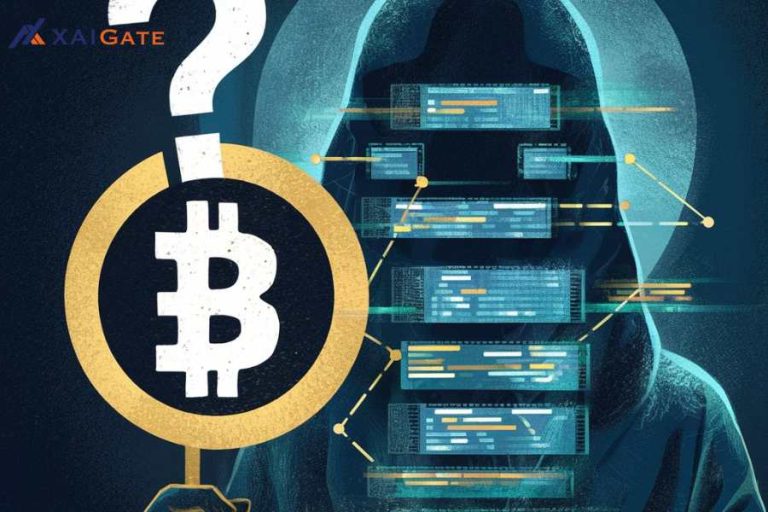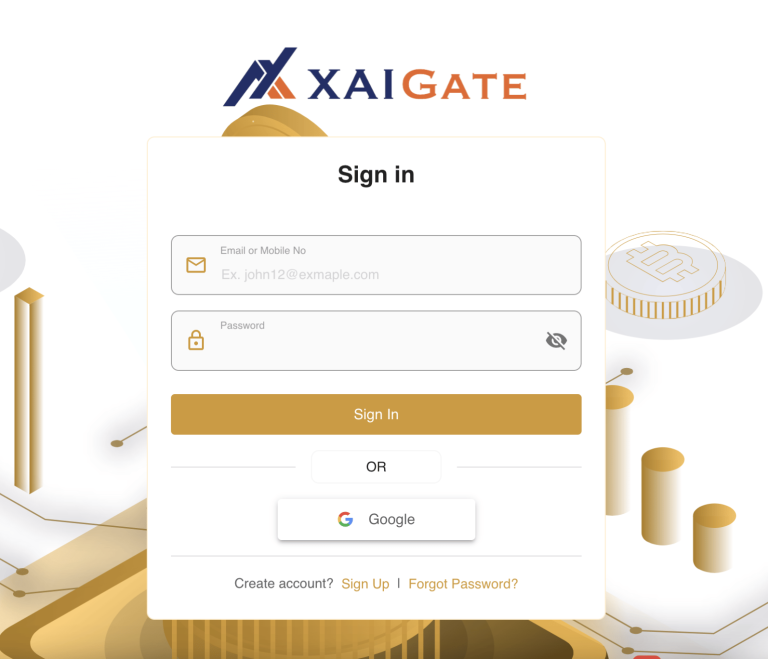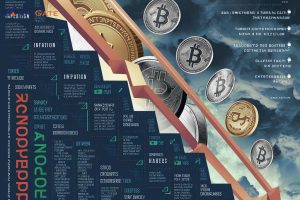As of 2024, over 10,000 cryptocurrencies exist, and this number keeps growing as companies constantly create new ones. “How many cryptocurrencies are there?” The exact count is hard to determine due to the dynamic nature of the market. While major players like Bitcoin and Ethereum dominate, there are thousands of lesser-known tokens, contributing to an ever-evolving and chaotic landscape of innovation. XAIGATE will compile 10 important cryptocurrencies other than Bitcoin through the article below.

Ethereum (ETH)
In 2015, a dude by the name of Vitalik Buterin launched Ethereum, a transparent as well as decentralized smart contracts’ production platform within blockchain and dApps execution. Thus the founder has positioned it number two among virtual currencies after Bitcoin due to own value held in circulation. While Bitcoin primarily functions as purely a digital currency, the blockchain of Ethereum was created so that transactions could take place programmatically as well as to enable creation and running of any software application without any interruptions due to malpractices or any other unexpected problems such as government regulation issues that may arise on traditional platforms like any third-party involvement in managing them. Its own coin called Ether (ETH) serves as means through which they may run applications, reward people who provide their resources in terms of computational power needed for such actions on this system or any related aspects.

Tether (USDT)
The stablecoin USDT, whose value is designed to be pegged at 1:1 against the US Dollar, is used in order to ensure that its value remains constant by being supported by the US Dollars put in reserve. Most people who trade on crypto markets usually use it is as well as those looking for a safe-haven asset during times when market prices are unpredictable. Given its stability; traders find tether very attractive since it offers protection from unpredictable price changes typical in other digital currencies.

XRP
The native cryptocurrency on the Ripple network is XRP. XRP is aimed at facilitating fast and low-cost international crypto payments, unlike conventional cryptocurrencies. It is intended to provide financial system solutions to cross-border transaction problems. In terms of transaction speed or energy consumption, it is much faster or less energy consuming than Bitcoin or Ethereum because of its unique consensus algorithm.
>>> Learn more: What is crypto payment gateway a guide

Binance Coin (BNB)
Binance Coin is the native digital currency for Binance exchange, one of the largest trading platforms globally. It was first launched on Ethereum before being moved to Binance’s blockchain network since then. For all network fees, it is essential to use BNB within the Binance ecosystem.

USD Coin (USDC)
USDC maintains a stable value by being pegged to the US dollar. People largely use it as a trading, lending, and safe haven asset in the digital currency markets when there is high volatility within prices. It is fully collateralized and run on multiple notable blockchains hence giving those who have confidence in it transparency and guarantees.

Cardano (ADA)
Charles Hoskinson is an Ethereum cofounder who made ADA by building Cardano- A blockchain platform that he created to establish secure infrastructure that allows scalability and decentralization while supporting smart contracts and applications development; this company was established in 2017 uses unique consensus algorithm known as Ouroboros from Greek mythology where snake eats its tail involves process called proof of stake algorithms. Cardano is different from other cryptocurrencies in that it emphasizes academic research and peer-reviewed development.

Solana (SOL)
Solana is a blockchain coin (SOL) that is high-performing notable for its agility and quick transaction processing in mind use by the low-cost digital coins and dApps. Launched in 2020, it operates on a novel means of reaching consensus – Proof of History (PoH) – which is aimed at enhancing its throughout by cutting down on confirmation time. Many people use Solana as a cryptocurrency because it can handle many transactions per second and has increasingly more decentralized applications.

Dogecoin (DOGE)
In 2013, Dogecoin (DOGE) was introduced as a joke cryptocurrency being motivated by the well known Shiba Inu meme which came from Japan. Nevertheless, its active community’s presence and being endorsed by prominent people such as Elon Musk have made it more popular than expected given such humble beginnings. It was made to function as funny replacement of other cryptocurrencies but because of this reason has achieved some level of significance within the wider context of digital money because people now use it often for rewarding or giving to charity.

In 2017, the decentralized internet and content ecosystem called Tron that was developed by Justin Sun, who has his founder, came of digital age using the blockchain; left parenthesis; Instead of but for the fact that it utilizes the process of quick transactions at minimum expense to content creators and programmers, this project concentrates on enabling quick trades; right parenthesis. Concert with TRX, its proprietary token or rather the coin, it is able to effect payments to different ends within the network thereby encouraging token holders into service provision.

Polygon (MATIC)
The creation of a multi-chain ecosystem is how the Polygon (MATIC) scaling system aids in fast tracking of payments while reducing their expenses and is known as Layer two on Ethereum. Such an innovative strategy will contribute towards tackling Ethereum’s performance-related challenges as well as enabling app developers to create more effective decentralized applications.

>>> Learn more: How Does Cryptocurrency Payment Gateway Work
Conclusion
Simply put “Ethereum Payment Gateway” is the key to appreciating an ever-changing scenario that is the digital currency market. The list of possible options keeps growing with approximately 10,000 being already reported- the figure is just about any. The continuously innovating and expanding nature of the currency market with its mix of benefits and downsides for traders and creators trying to survive in this intricate ecosystem is what this variable environment mirrors.






